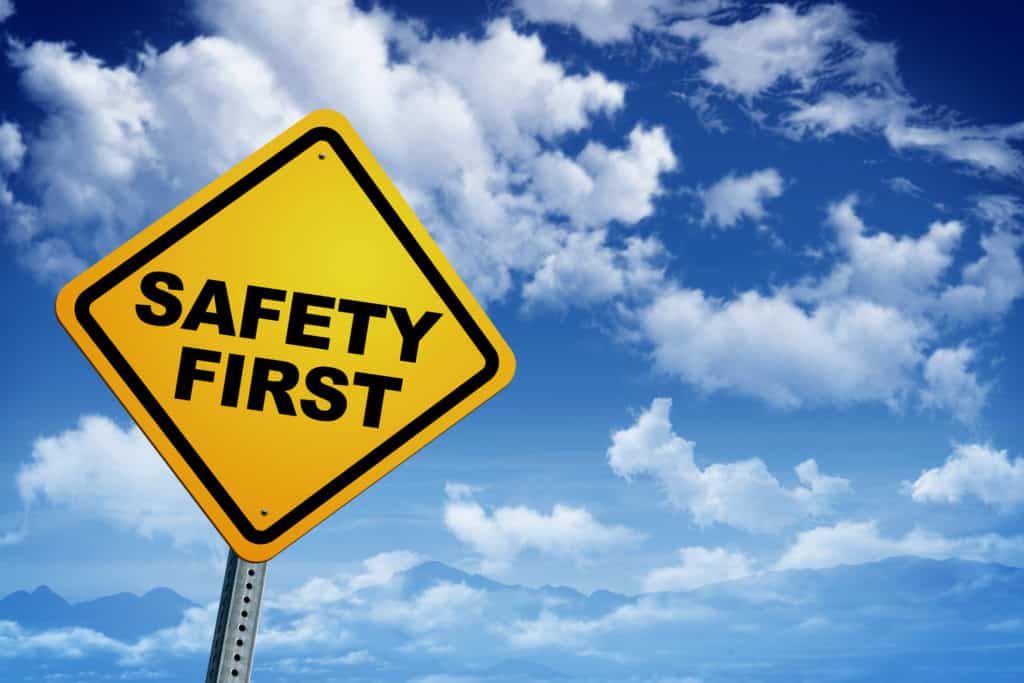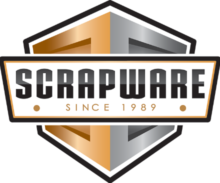Our nation has been battling the COVID-19 pandemic for more than two months. Early on, industries dealing with recycled material, solid waste or waste management were designated as essential and not subject to state-wide shutdowns imposed to stop the virus spread. Most recycling businesses continued operation while trying to keep employees safe. Now, roughly eight weeks later, these lockdowns are being phased out, factories are firing up again and many states are gradually reopening.
What does this mean for recycling industries operating in various states? It means safety first: keeping in place these new work practices to protect employees and customers for the foreseeable future.

Industry trade associations and government agencies have compiled guidance and summaries of “best practices” designed to keep workers healthy while keeping everyone working. For the waste management and recycling industries, a focus on safety is nothing new. In the past, these industries have ranked high as having the potential to be one of the most dangerous places to work. Extending health practices to protect against COVID-19 is in lockstep with ongoing efforts to protect waste and recycling workers in other areas of their jobs. It is a new layer in the culture of safety first in the recycling industry.
The Institute of Scrap Recycling Industries (ISRI), the Solid Waste Association of North America (SWANA), and the National Waste and Recycling Association (NWRA) have all published COVID-19 work practices for the waste and recycling industry. Their guidance for national waste recycling draws from government guidelines developed since the COVID-19 outbreak. They compile information from the Centers for Disease Control (CDC), the Occupational Safety and Health Administration (OSHA) and the Environmental Protection Agency (EPA).
Below is a brief summary of these work practices which should now be ongoing to protect the health and safety of recycling industry and sanitation workers.
- Begin with stressing good personal hygiene: covering coughs and sneezes, avoid touching your face, frequent handwashing for at least 20 seconds and staying home if sick. (ISRI features a downloadable poster on its website which can be printed and hung to remind workers of these practices.)
- Continue practicing social distancing on the job. Keep workers six feet away from each other and from others visiting your workplace. To achieve this, consider staggering start times, end times and breaks. Evaluate whether some employees can work remotely from home.
- Ensure everyone has appropriate personal protective equipment (PPE). This should include puncture resistant gloves and face and eye protection like a mask or face shield
- Sanitize all workplace surfaces with the correct antimicrobial product left on for the correct length of time. This includes on all shared equipment, vehicles and electronics, especially before and after all shifts. Minimize clutter in your workplace to prevent the accumulation of contamination.
- Where possible, consider engineering improvements. These might include physical barriers, like clear plastic shields or drive-through windows to protect or distance workers in areas that could be vulnerable to virus transmission.
- Using current recycling software will also help reduce virus transmission by reducing the amount of paper that needs to be handled, the amount of face-to-face contact and the need to handle cash. Additionally, with cloud-based software, there is less equipment on site, reducing the amount of on-site, hands-on maintenance.
ScrapWare Corporation of Rockville, MD, provides and services cloud-based software to the scrap metal recycling industry and can install, train and service the software remotely and in a contactless manner.
ScrapWare for many years has been partnering with its clients to help them operate in a more safe and efficient way and has heard from a number of customers about their efforts to protect employees from COVID-19. One scrapyard client requires vendors coming in to sell material to wear masks and to remain in their vehicle. They reserve the right to not do business currently with a vendor who will not comply with these guidelines in an effort to protect employee health. If your company has put in place any different practices, please share them with ScrapWare and we will include them in a future post about industry efforts to operate and protect workers from COVID-19.
Historically, June has been designated as National Safety Month by the National Safety Council to raise awareness and encourage efforts to improve employee safety. The recycling industry across North America can take advantage of this month to emphasize their own safety first work practices at their facilities and can now add to that list—combatting covid-19.
About ScrapWare Corporation: Since 1989, Rockville, Maryland-based ScrapWare Corporation has been the software of choice for the recycling industry. Its ease of installation and simplicity saves users time and money, while helping them achieve compliance and maintain accurate business insights. With state-of-the-art functionality that‘s tailored to each organization’s unique requirements, ScrapWare is an advanced dynamic software solution that alleviates the most pressing recycling industry worries. For more information, please call (301) 517-8500 or visit https://www.scrapware.com/.
